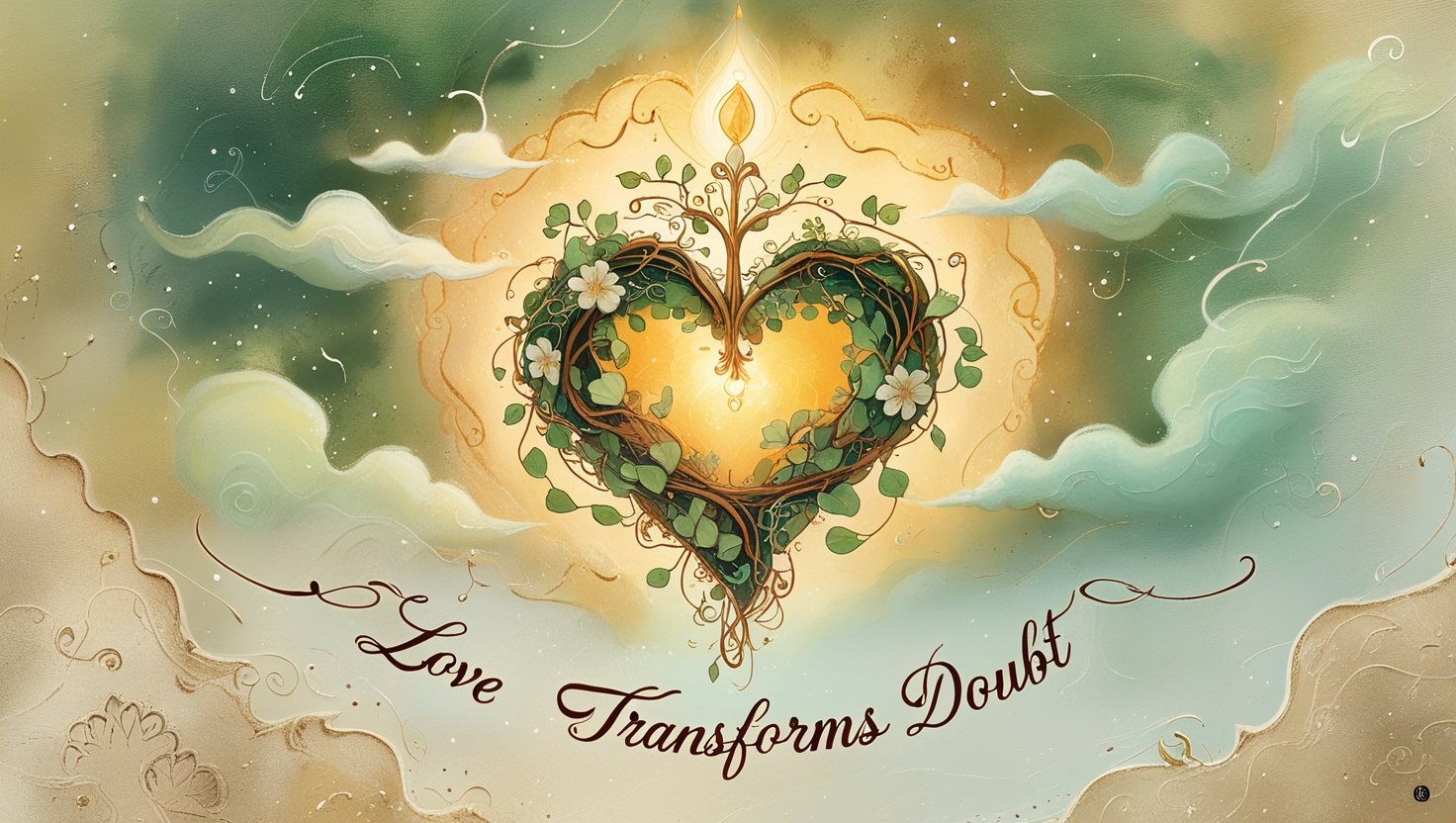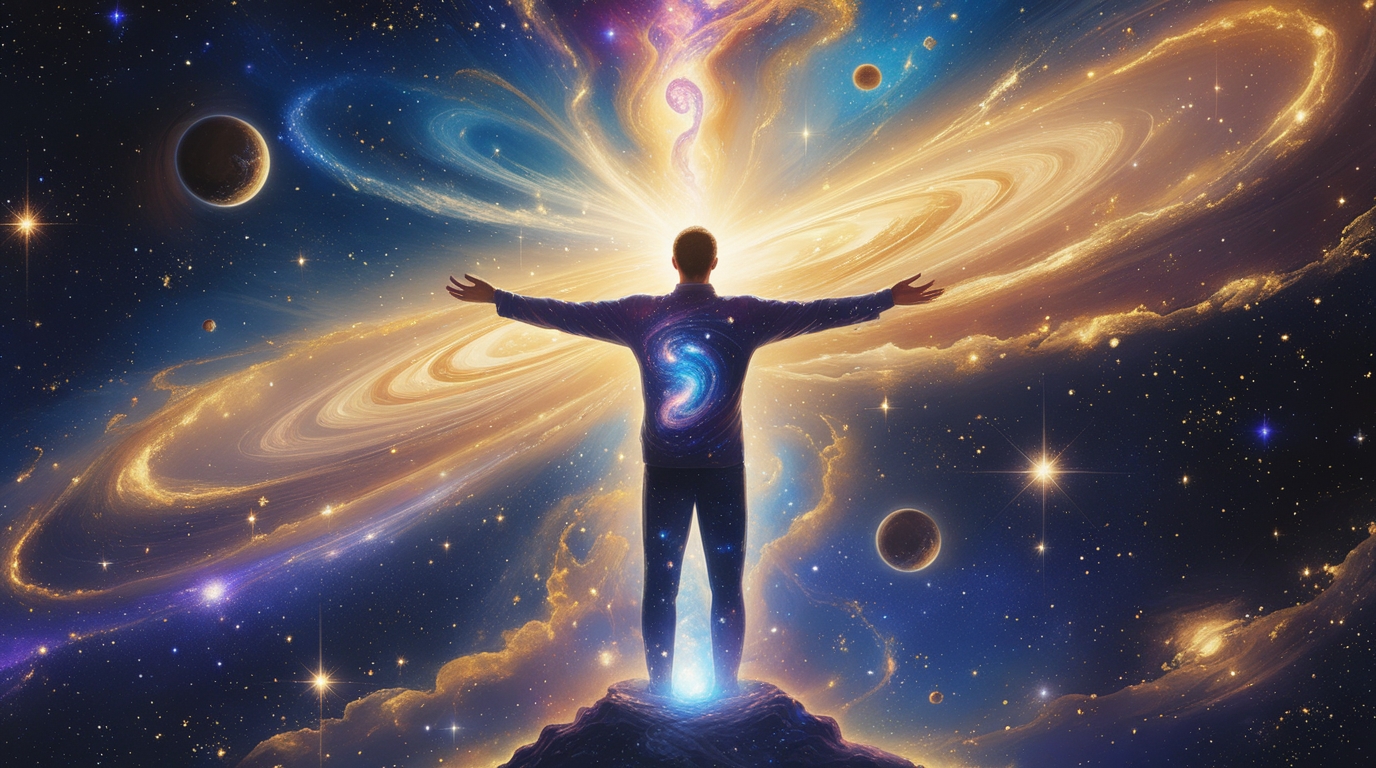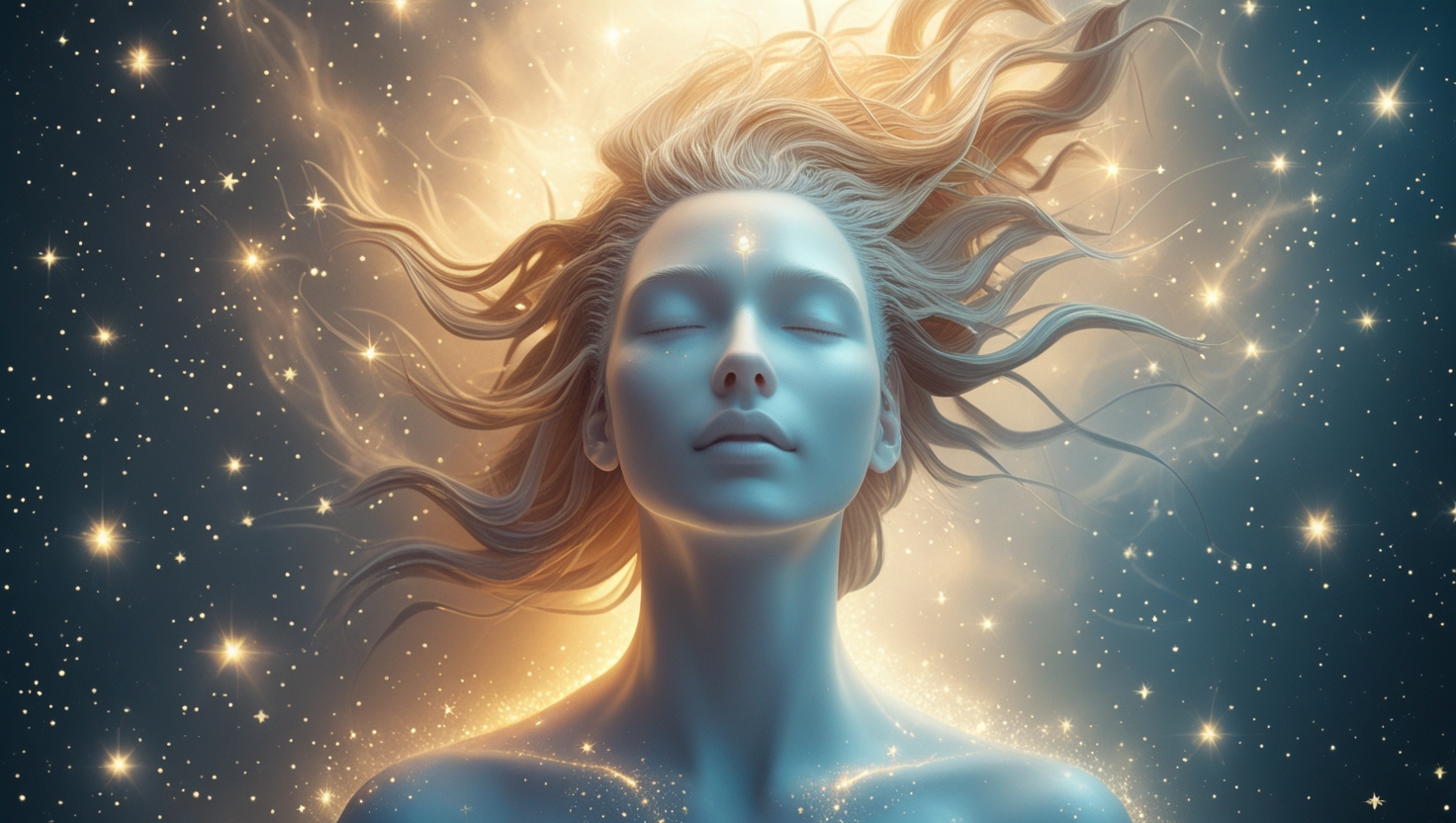“When I see your face, the stones start spinning!
You appear; all studying wanders.
I lose my place.
Water turns pearly.
Fire dies down and doesn’t destroy.
In your presence I don’t want what I thought
I wanted, those three little hanging lamps.
Inside your face the ancient manuscripts
Seem like rusty mirrors.
You breathe; new shapes appear,
and the music of a desire as widespread
as Spring begins to move
like a great wagon.
Drive slowly.
Some of us walking alongside
are lame!
Today, like every other day, we wake up empty
and frightened. Don’t open the door to the study
and begin reading. Take down a musical instrument.
Let the beauty we love be what we do.
There are hundreds of ways to kneel and kiss the ground.
Out beyond ideas of wrongdoing and rightdoing,
there is a field. I’ll meet you there.
When the soul lies down in that grass,
the world is too full to talk about.
Ideas, language, even the phrase each other
doesn’t make any sense.
The breeze at dawn has secrets to tell you.
Don’t go back to sleep.
You must ask for what you really want.
Don’t go back to sleep.
People are going back and forth across the doorsill
where the two worlds touch.
The door is round and open.
Don’t go back to sleep.
I would love to kiss you.
The price of kissing is your life.
Now my loving is running toward my life shouting,
What a bargain, let’s buy it.
Daylight, full of small dancing particles
and the one great turning, our souls
are dancing with you, without feet, they dance.
Can you see them when I whisper in your ear?
They try to say what you are, spiritual or sexual?
They wonder about Solomon and all his wives.
In the body of the world, they say, there is a soul
and you are that.
But we have ways within each other
that will never be said by anyone.
Come to the orchard in Spring.
There is light and wine, and sweethearts
in the pomegranate flowers.
If you do not come, these do not matter.
If you do come, these do not matter.” – Rumi
Rumi’s poem The Great Wagon is a celebration of love, beauty, and the deeper spiritual truths that connect all things. Written with rich imagery and profound emotion, the poem encourages readers to abandon logic’s rigid constraints. It tells them to let go of worldly desires. The poem invites them to embrace life’s mystery and wonder.
Transformation Through Love:
The opening lines describe the overwhelming power of love and beauty, which makes everything else—study, ambition, even destructive forces like fire—seem insignificant. Love transforms the ordinary into the extraordinary, symbolized by water turning pearly and fire becoming gentle.
Letting Go of Desires:
Rumi suggests that in the presence of divine beauty, our usual desires fade. He uses the image of “three little hanging lamps” to represent worldly distractions, which lose their importance when confronted with something infinitely greater.
Connection Beyond Words:
In one of the most famous parts of the poem, Rumi invites the reader to a field “beyond ideas of wrongdoing and rightdoing.” This field represents a spiritual space where differences dissolve, and deeper truths emerge. Words and ideas are too limited to capture this experience.
Awakening and Action:
Rumi urges us to “not go back to sleep,” calling for a life of awareness and intentionality. He encourages seeking what we truly desire and embracing the mystery of life with open hearts. This is not a passive spirituality but an active engagement with beauty and love.
Ineffable Connection:
The poem touches on the indescribable nature of the soul. It explores its connection to the divine and to others. Rumi emphasizes that this connection transcends labels like “spiritual” or “sexual,” pointing to a unity that is beyond human understanding.
Presence and Belonging:
The closing lines emphasize the importance of being present. Whether or not external joys like wine or flowers are there, the true meaning lies in the beloved’s presence—a metaphor for divine connection.
Tone and Style:
Rumi uses vivid imagery, metaphors, and a lyrical style to create a sense of wonder and depth. His tone is both passionate and serene, urging readers to step into a world of boundless love and connection.
Takeaway:
At its heart, The Great Wagon is a meditation on love—both human and divine. Rumi reminds us that the true treasures of life lie in spiritual awakening, embracing beauty, and connecting deeply with the world and each other. The poem encourages us to awaken to the divine presence within and around us, which transforms life into a dance of the soul.



